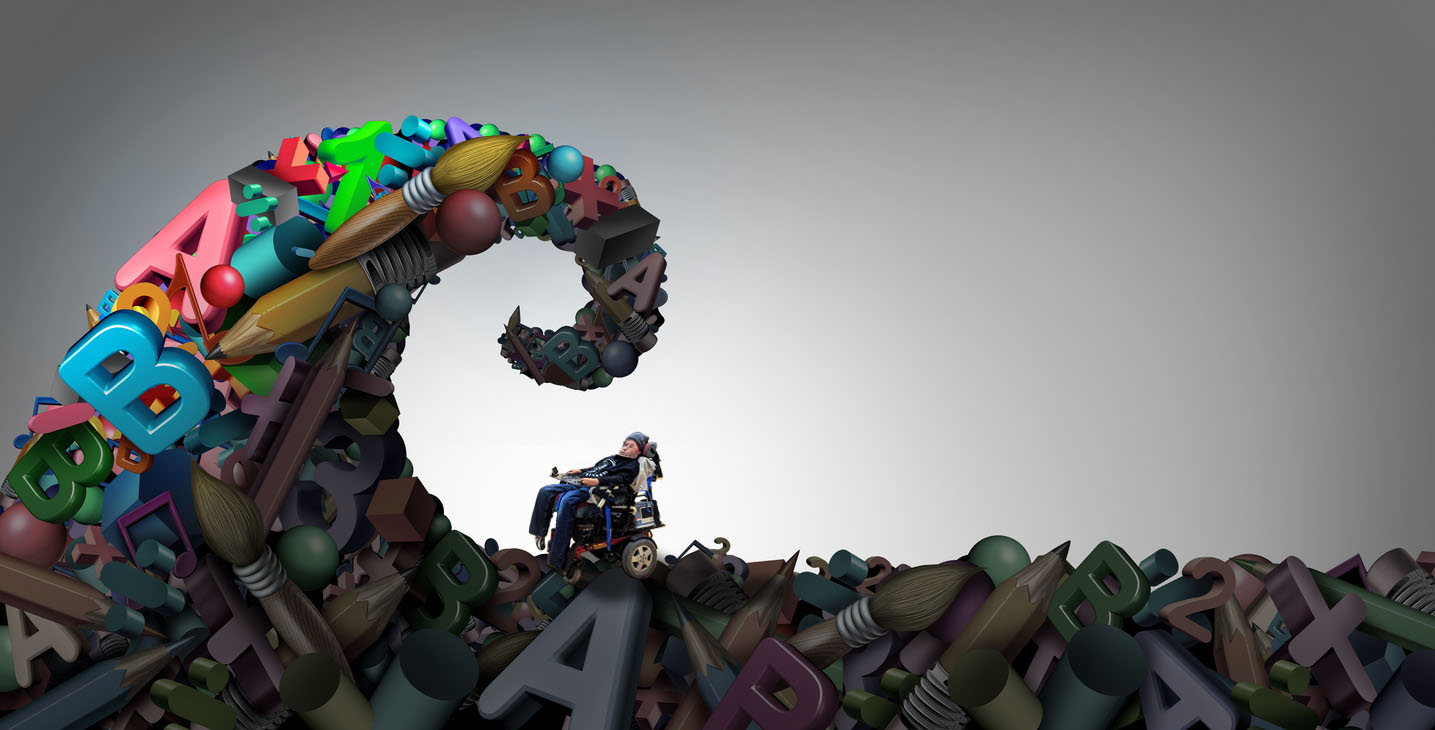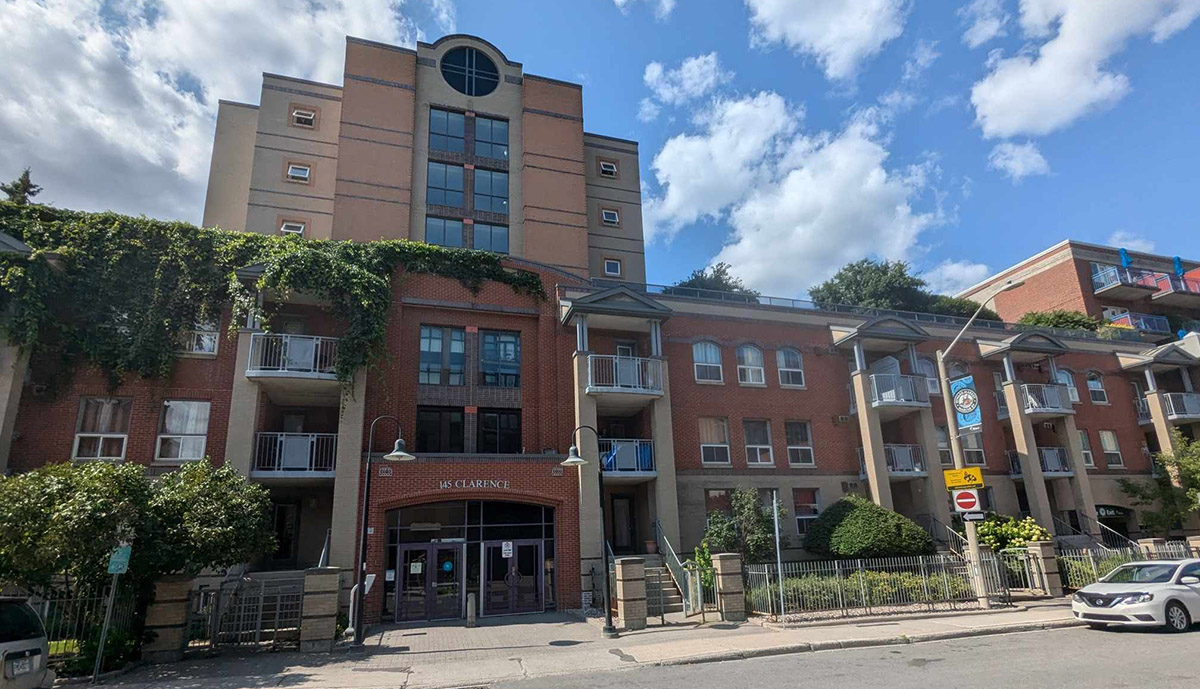
Understanding ASD and Myself Better
Shortly after my last article, I realized that April is Autism Awareness Month. I was also reminded that April 2nd was World Autism Day.
To everyone who has Autism, I see you, I hear you, and I appreciate you for being you. Being yourself is a hard thing to do for anyone, but it’s even more challenging for those who are on the spectrum.
I also want to say that within a few hours of publishing my last article, both friends and strangers reached out to me to share their stories about getting diagnosed. The response was overwhelming, but not in a bad way.
Due to the response, as well as doing further research, I decided to make an appointment to see my doctor to get a referral to a psychologist to get a diagnosis for myself.
It’s important to note that I’m not looking forward to being put on a waiting list for a psychologist and, more importantly, trying to figure out what’s covered by OHIP and ODSP. That by itself causes added stress and anxiety.
HOWEVER . . .
I hope conversations on social media with friends and my doctor later this week will answer most of those concerns.
There are other reasons why I decided to get a diagnosis.
I would like to better understand myself and my brain. A bonus would be if I could learn to communicate better with the people around me, better control my emotions, and calm myself down.
As someone who is a person with a physical disability, I have a hard time sitting still.
For example, if I’m watching a movie or a TV show on my computer, I open one or more tabs to distract myself and keep my mind busy. I check social media, emails, and conversations with friends. When I drive my chair, I have an even harder time staying still.
That may be why most people get out of my way when they see or hear me coming. Maybe I look like a maniac. Even if that isn’t true, I’m ok with that.
But seriously, I have a hard time sitting still.
I can sit here and name at least ten of my quirks or superpowers that are included as part of Autism Spectrum Disorder (ASD), but for now, I’ll share some of the ones I’ve previously discussed here and with my doctor.
• Anxiety
• Constantly overthinking things
• PTSD, which is considered to be an acquired neurodivergence
• Sleep irregularities
When I meet with my doctor, they’ll be able to look at my file and ask me further questions, which leads me closer to an A-HA moment.
Take on me!
Sorry, I had to say it. Be happy that you can’t hear me sing.
In the meantime, I’ve been watching YouTubers and chatting with friends with ASD about their good and bad experiences. The majority of them seem to be positive about their experiences, as well as listing resources they use to help them.
I enjoy knowing that I’m not alone in my struggles. I’m grateful for the opportunity to connect with people through this process and my journey.
A part of me is sad and frustrated that it took me so long to figure out what I needed and that I didn’t do it sooner. On the other hand, better late than never.
I’m excited to see what lies ahead and how I’ll be able to understand myself better. In doing so, I’ll be able to be the best person I can be.
Hopefully, by sharing my story, I can help someone else with undiagnosed ASD.
Since April is Autism Awareness Month, I plan on writing more about my experiences as I go along on my journey and doing my best to help raise awareness for ASD.
I’m really happy to have you along for the ride and to educate you along the way.
Until next week, stay safe and keep on rolling.
Photo: iStock









